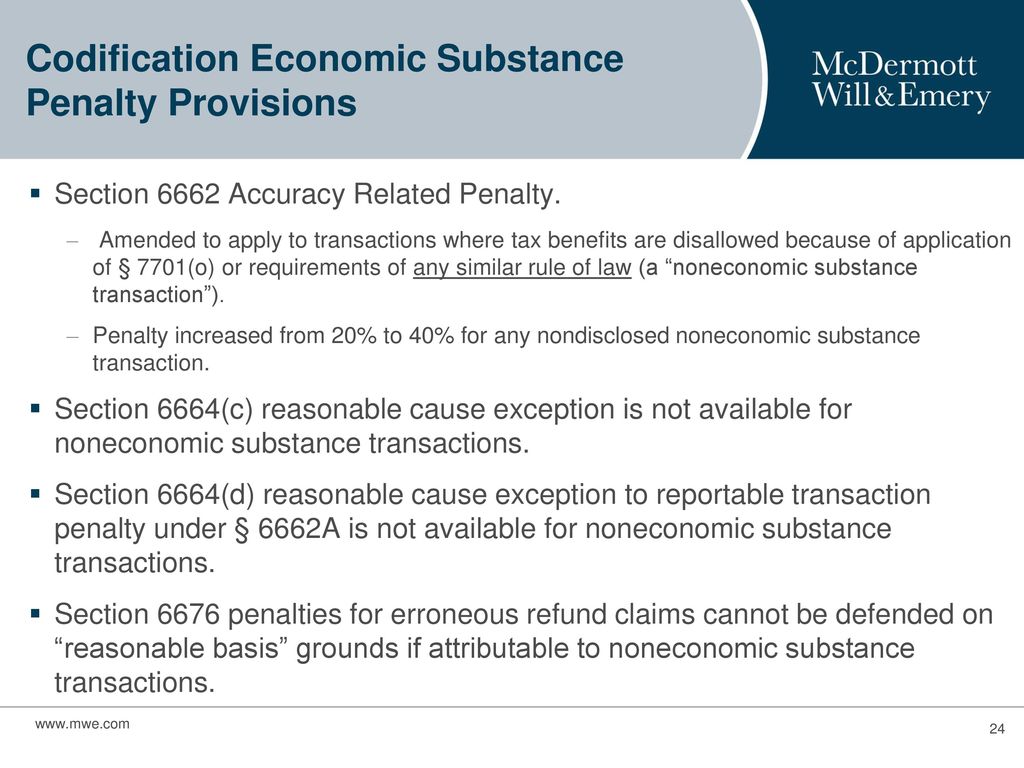

How the Service evaluates this taxpayer defense depends on the particular penalty that was asserted. This unit addresses the taxpayer’s assertion that the return position was based on reasonable cause and that the taxpayer acted in good faith. Taxpayers may assert that the Service’s application of penalties is not warranted due to a variety of reasons. The Practice Unit was updated to provide further detailed information on factors that should be considered when determining if reasonable cause exists. This Practice Unit supersedes the previously published Practice Unit with the same title published on July 2, 2020. By Shannon Veyon Jemiolo, CPA, Ph.D., assistant professor of accounting, Canisius College, Buffalo, N.Y.The IRS has updated its practice unit discussing when reasonable cause and good faith exist and what factors should be examined. Frost neither claimed nor provided evidence that the communication came before the written supervisory approval. However, the IRS did produce a written supervisory approval form for the penalty for 2012, so the burden of production transferred to the taxpayer to show that this approval was untimely, i.e., the penalty was formally communicated before the written approval date. 7491(c) to prove that it complied with Sec.

Thus, for those years, the IRS had failed to meet its burden of production under Sec. The IRS failed to produce the required written supervisory approval forms for the Sec. 6751(b)(1), accuracy- related penalties must be "personally approved (in writing) by the immediate supervisor of the individual making such determination" before the first formal communication of the penalties to the taxpayer ( Graev, 149 T.C. After the Service makes that showing, the burden shifts to the taxpayer, who must come forward with contrary evidence.

Holding: The Tax Court held that if a taxpayer challenges the IRS's penalty determinations, the IRS must come forward with sufficient evidence of the approval of each penalty imposed, as part of its initial burden of production under Sec. The court considered when the burden of production on the issue moves to the taxpayer. Issue: The burden of production related to evidence supporting the imposition of such penalties is initially on the IRS. The IRS Office of Appeals issued notices of deficiency for Frost's 2010, 2011, and 2012 tax years, reducing his deductions and disallowing the loss. Frost also had extensive previous experience as both an enrolled agent and a revenue agent with the IRS. Frost also held a significant membership interest in, an information and advertising limited liability company taxed as a partnership, for which he deducted his share of losses. He deducted his expenses related to these endeavors. The burden transfers to the taxpayer after the IRS provides evidence of written supervisory approval for the penalty.įacts: Charles Frost was a self- employed insurance salesman and consultant. 6662(a) penalty initially falls to the IRS. The Tax Court held that the burden of production regarding compliance with procedural requirements related to a Sec.


 0 kommentar(er)
0 kommentar(er)
